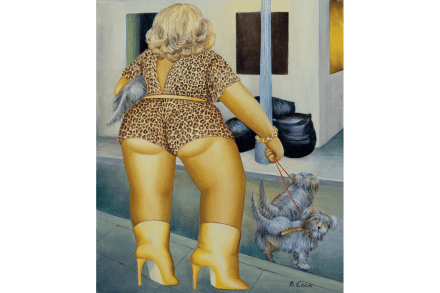Lovely slice of Cosmic Scouse: Michael Head & the Red Elastic, at EartH, reviewed
One of the more bizarre but recurring tales about how the music of Liverpool has been shaped over these past 45 years concerns Courtney Love, the American musician famed, music aside, for being married to Kurt Cobain, and for being wildly unpredictable. This story claims the 17-year-old Love, who had travelled across the Atlantic to be near the bands she loved, introduced Liverpudlian musicians to LSD, setting in train a decades-long phenomenon known as ‘Cosmic Scouse’. The slight problem with this is that Love only came to Liverpool in 1982, by which point the musicians she had come to celebrate – Echo & the Bunnymen and the Teardrop Explodes among




















